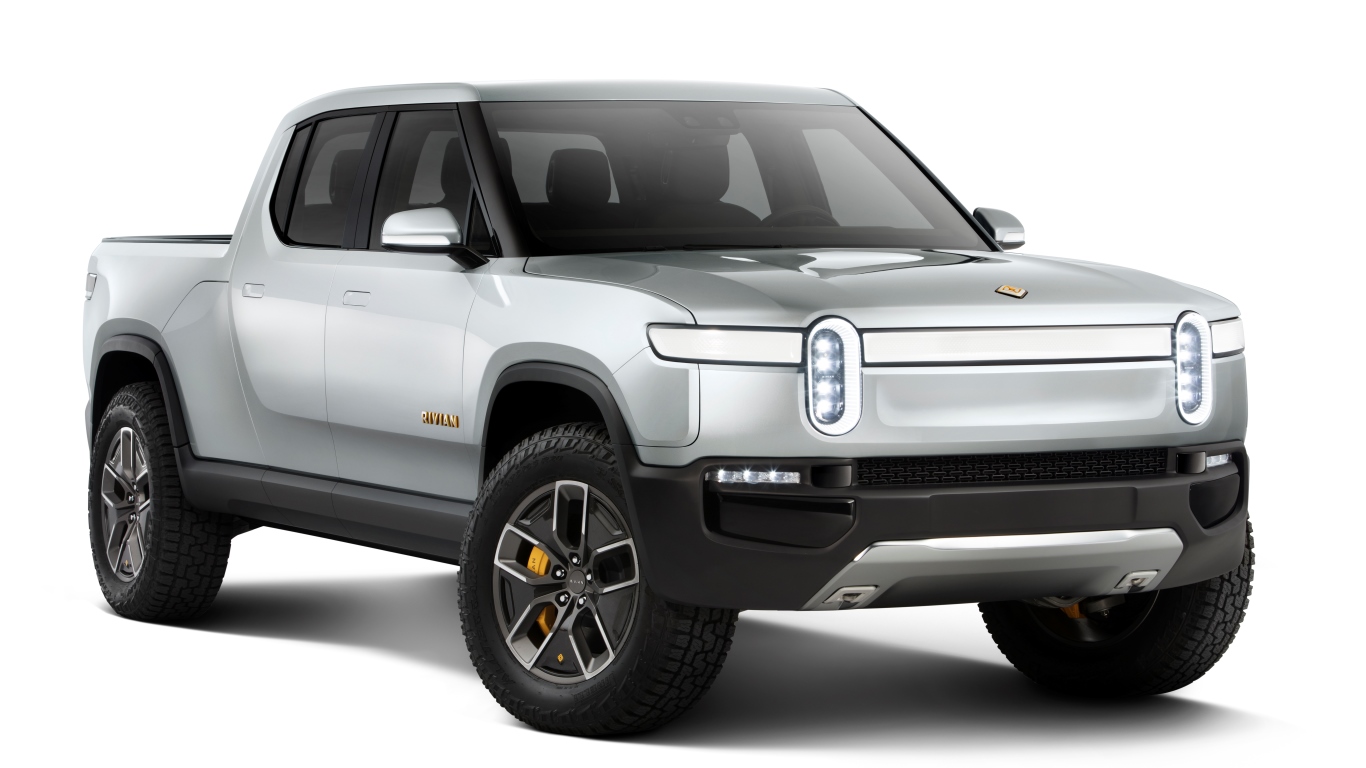Cars and Drivers
In EV News: Tesla Q2 Delivery Forecast, Rivian Picks Underwriters, and More

Published:

In 2020, Tesla Inc. (NASDAQ: TSLA) delivered 499,550 electric vehicles (EVs), just missing its target of half a million. The company has been relatively quiet on its delivery forecast for this year, saying only that it expects deliveries to increase by more than 50%. That establishes a low end of around 750,000 deliveries. CEO Elon Musk agreed that a “vicinity” of 840,000 to 1 million deliveries was the target in answer to a question during Tesla’s first-quarter conference call.
Over at CleanTechnica, three journalists have come up with their own projections. Adding the high delivery estimates yields a total of nearly 983,000 vehicles. Using the low estimates, the delivery total is nearly 794,000. The major difference reflects the journalists’ views on deliveries of the Model 3 and the Model Y. Estimated Model 3 deliveries range between 452,000 and 492,101, while Model Y estimates fall in a range of 321,403 to 438,647.
The CleanTechnica staff also includes quarterly delivery estimates.
Speaking of Tesla, The Wall Street Journal on Tuesday reported that the U.S. Securities and Exchange Commission (SEC) has corresponded with the company in both 2019 and 2020 regarding tweets from Musk that had not been preapproved by Tesla’s board in accordance with an agreement between the SEC and Tesla made in 2018. That agreement also cost Musk and Tesla $20 million each.
EV maker Rivian reportedly has chosen underwriters for an initial public offering (IPO). Bloomberg reported last week that people familiar with the matter said that the company is being advised by Goldman Sachs, JPMorgan Chase and Morgan Stanley but that a final decision has not yet been made.
Rivian said last week that it will begin reaching out to customers who have preordered the vehicles and talk to them about options and delivery timing. Rivian expects to notify buyers of expected delivery dates of its R1T all-electric pickup by the end of November. Test drives are slated to begin in August.
In February, following a January funding round that raised $2.65 billion and valued the company at around $27.6 billion, Rivian said it wanted an IPO as soon as September at a valuation of around $50 billion. According to Bloomberg, its sources said Rivian could seek a valuation of some $70 billion.
The Center for Transportation and the Environment (CTE) has released a new report on the cost of replacing the current U.S. transit fleet of buses and other road vehicles with zero-emission vehicles (ZEVs) powered by batteries or fuel cells. The existing fleet size is roughly 70,000 vehicles scattered among almost 2,800 transit agencies. More than 1,300 zero-emission buses (2% of the total fleet) already have been delivered or had contracts awarded.
CTE estimates total conversion costs ranging from $56.22 billion to $88.91 billion. The report estimates that 73% of the ZEVs would be battery powered and 27% would be powered by fuel cells. The target date for the transition is 2035.
If you’re one of the over 4 Million Americans set to retire this year, you may want to pay attention. Many people have worked their whole lives preparing to retire without ever knowing the answer to the most important question: am I ahead, or behind on my goals?
Don’t make the same mistake. It’s an easy question to answer. A quick conversation with a financial advisor can help you unpack your savings, spending, and goals for your money. With Zoe Financial’s free matching tool, you can connect with trusted financial advisors in minutes.
Why wait? Click here to get started today!
Thank you for reading! Have some feedback for us?
Contact the 24/7 Wall St. editorial team.